Soil-pH
The pH of soil influences the availability of minerals for the plants. Each plant has a certain pH at which it is optimally grown and produced. The pH analysis is the most common parameter carried out on soil samples. Specialized laboratories analyze the soil and provide farmers with the required information. Based on the analysis results, the best method can be selected to improve the soil quality resulting in increased crop quantities and cost reduction.
The Robotic Analyzer can be configured for measurement of soil-pH in water extracts as well as in KCl, CaCl2 or other extracts. The procedure includes the automatic calibration of the probe and addition of extraction solutions, automatic stirring, pre-defined sample settling times and measurement. The analyzer can have a capacity of up to 792 containers (50 ml). For extremely large batches the analyzer can be configured with two robotic arms each with multiple pH electrode configurations, up to a total of 8 electrodes.
A typical soil-pH analysis sequence:
After weighing, the samples are placed in a rack. The racks are transferred to the analyzer. The analyzer adds extraction solution and stirs all the samples. Between each operation the analyzer rinses the probe. After a pre-defined settling period the samples are again stirred. The pH value of each sample is measured. The measured values of each sample is calculated and stored.
In addition to pH analysis, also parameters such as conductivity (EC), can be added to the soil-pH configuration.




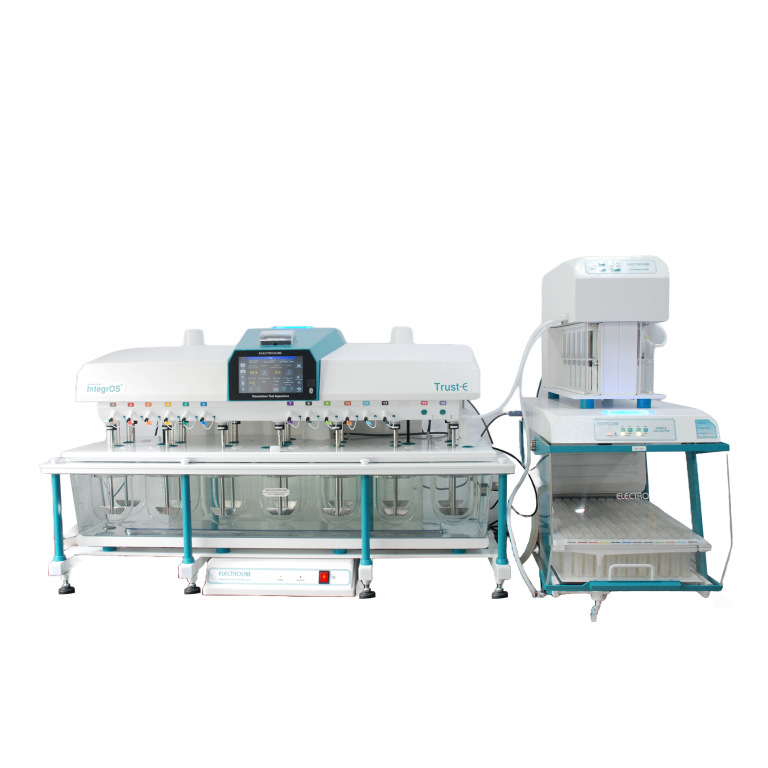
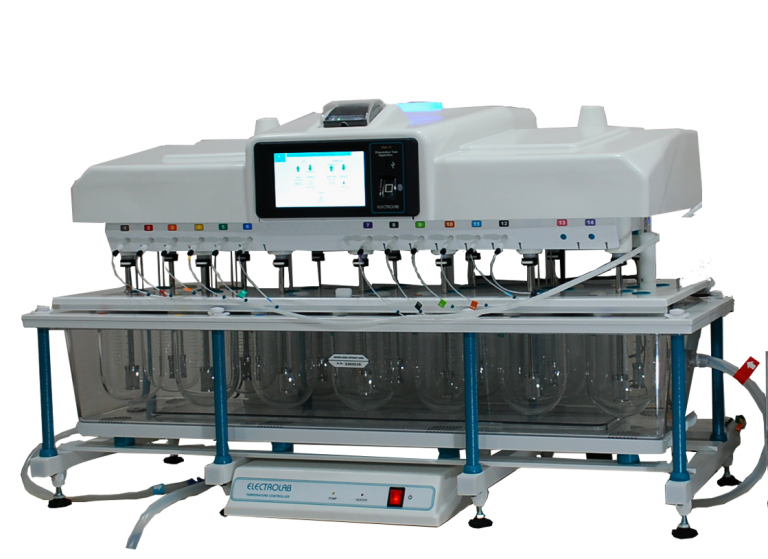
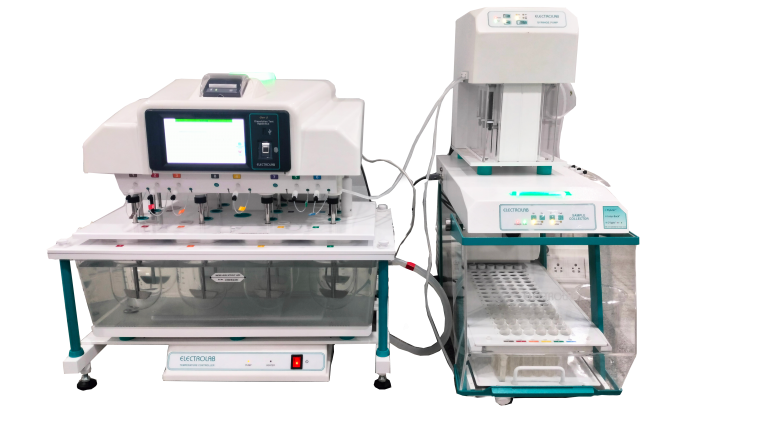
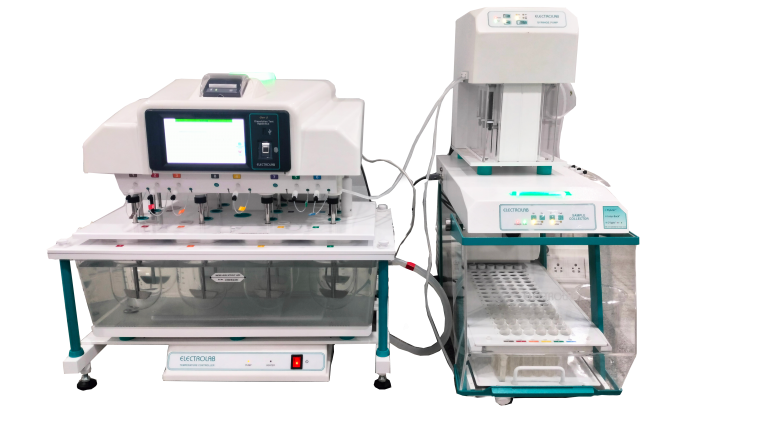
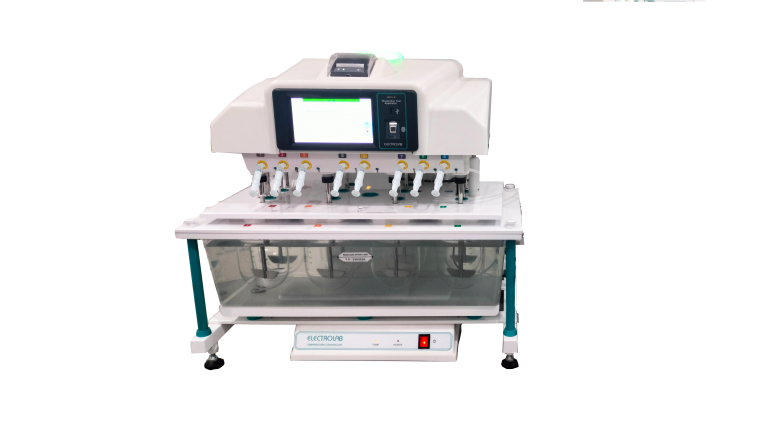
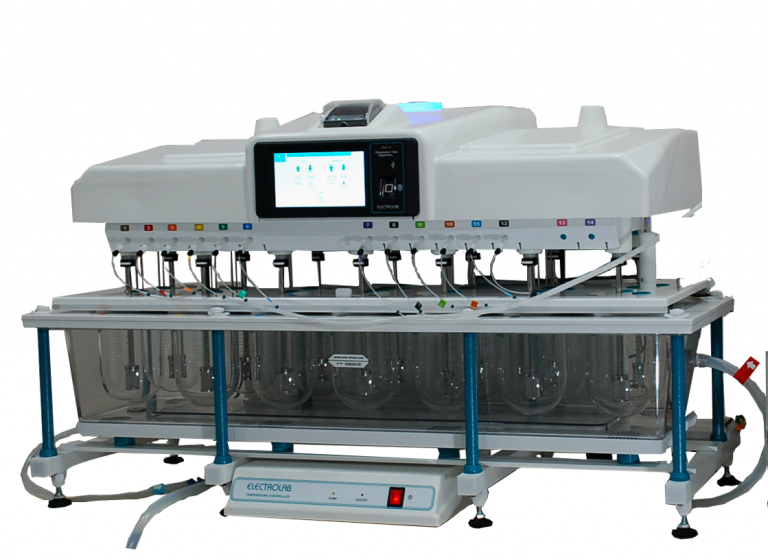
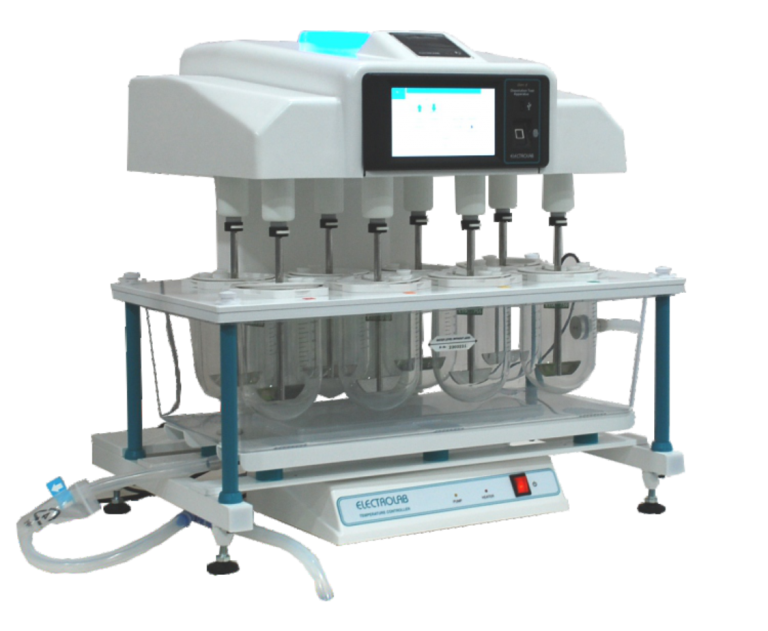
Reviews
There are no reviews yet.